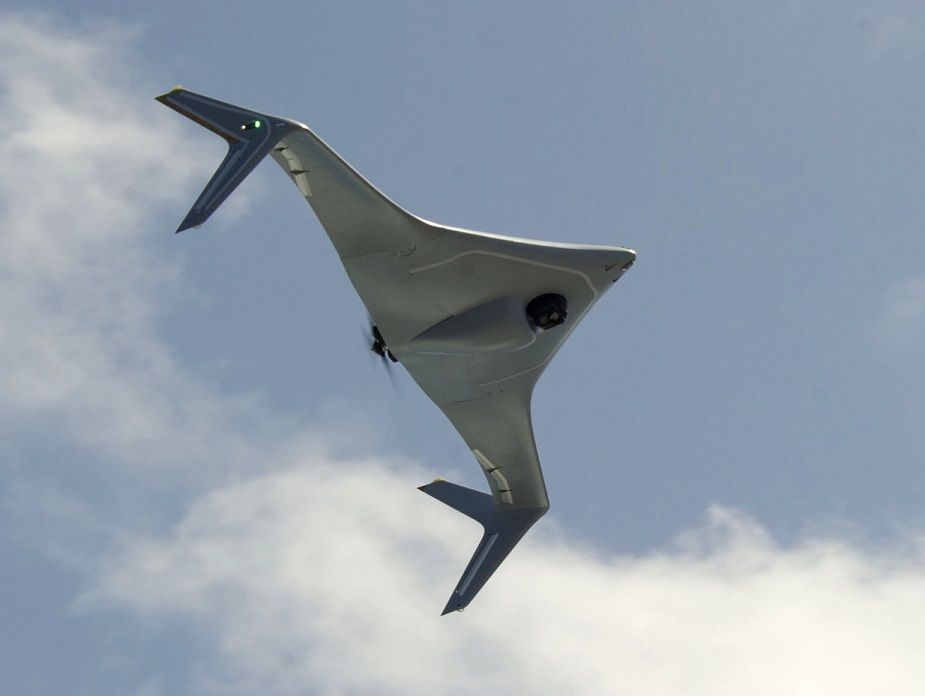This post is also available in:
 עברית (Hebrew)
עברית (Hebrew)
Evolving drone technology will enable countries to make credible threats against states and groups that do not possess drones, a new research found. Stanford political scientist Amy Zegart argues that countries that simply possess deadly, armed drones could change an adversary’s behavior without even striking them.
She believes that drone technology is becoming a more effective instrument to change a state’s behavior than the previous more costly option of using ground troops or large-scale military movements in war or conflict.
The research focus is on next-generation drones, which are essentially unmanned fighter jets and are currently in development, and not the use of existing drones like quadcopters and Reaper and Predator UAVs.
New drones are more lethal than ever, offering greater speeds, ranges, stealth and agility. The U.S. is ahead, but not alone, in using drones. Nine countries have already used armed drones in combat, and at least 20 more are developing lethal drone programs – including Russia and China.
“Drones may be turning deterrence theory on its head,” said Zegart, referring to the cost-benefit calculation a potential aggressor makes when assessing an attack.
The research is based on surveys of 259 foreign military officers conducted between 2015 and 2017. Participants were highly experienced foreign military officers who were attending classes at the National Defense University and Naval War College.
“Drones offer three unique coercion advantages that theorists did not foresee: sustainability in long duration conflicts; certainty of precision punishment, which can change the psychology of adversaries; and changes in the relative costs of war,” she said.
Threats involving a high cost may be actually less credible than assumed, said Zegart. Her findings challenge the belief of “cost signals,” a military strategy where a country threatens another with a high-cost option, such as ground troops, which is intended to show resolve.
Drones may actually signal a nation’s resolve more effectively because – as a low-cost option – they can be part of an enduring offensive campaign against an enemy.
New weapons often evolve technologically before “game-changing ideas” occur about how to use them, according to news.stanford.edu.
Amy Zegart is from the Hoover Institution and co-director of Stanford’s Center for International Security and Cooperation.


























